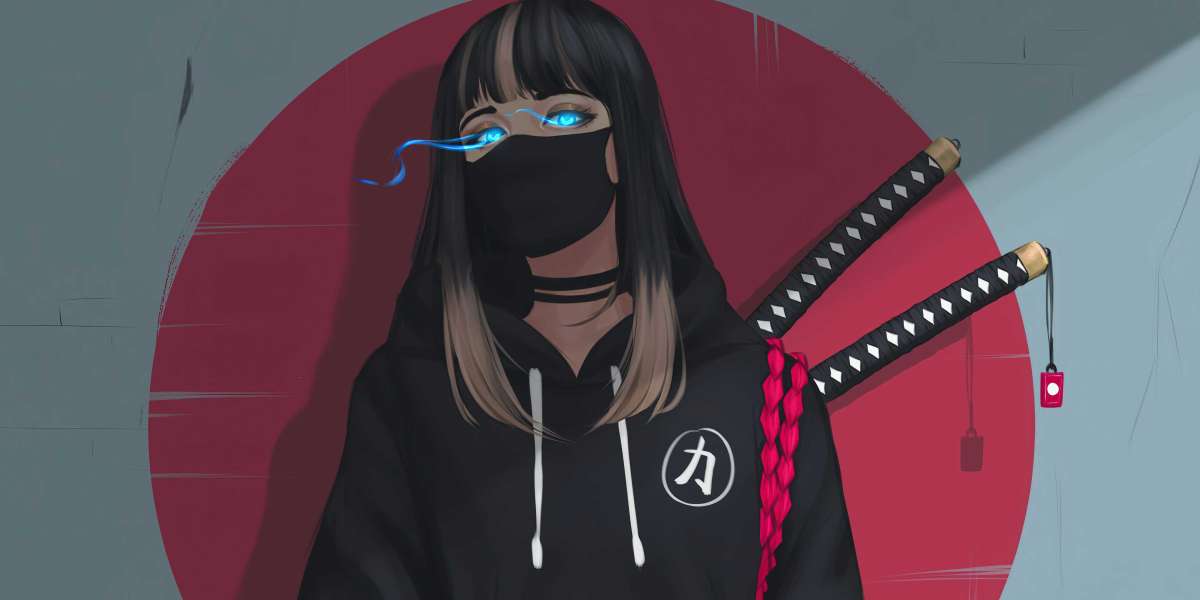When it comes to web design and development, precise alignment of objects on a canvas is essential to craft visually captivating and refined user interfaces. To achieve this level of accuracy, object snapping comes to the rescue by enabling objects to align effortlessly with predefined guidelines or other objects, ensuring impeccable positioning and spacing.
Fabric.js, an impressive and comprehensive JavaScript library designed for HTML5 canvas manipulation, offers a range of tools and features to simplify object snapping. In this article, we will explore the concept of object snapping and introduce the SnappyRect class—a custom implementation that expands the capabilities of Fabric.js.
Prepare to enhance your canvas design workflow with seamless alignment and enhanced precision.
- Streamlining Web Design with Object Snapping:
In the world of web design, achieving precise alignment is crucial for creating visually appealing interfaces. Object snapping simplifies this process by automatically aligning elements to guidelines or neighboring objects, ensuring consistent spacing and alignments.
By incorporating object snapping into your workflow, you save time and eliminate small visual inconsistencies caused by misaligned elements. Enhance your web design with the power of object snapping and create seamless and polished user interfaces effortlessly.
- The SnappyRect Class: Enhancing Object Snapping in Fabric.js
While Fabric.js offers a robust toolkit for working with canvas objects, it lacks a built-in object snapping feature. To address this, we can extend Fabric.js's capabilities and create our own custom object snapping solution.
Introducing the SnappyRect class—an extension of fabric.Rect in Fabric.js. This class augments rectangular objects by adding custom guide lines for seamless object snapping. These guides, represented as lines, indicate the top, bottom, left, right, center horizontal, and center vertical positions of SnappyRect objects.
In the following sections, we'll dive into the inner workings of the SnappyRect class and explore how it integrates with Fabric.js. We'll discover how to leverage this class in our projects, enabling precise object snapping in canvas-based applications.
Exploring the SnappyRect Class
In this section, we'll delve into the SnappyRect class, examining its structure and functionality. By understanding how this class is implemented, you'll gain insights into the creation and management of custom guides for object snapping.
Complete code: https://github.com/dinesh-rawat-dev/fabricjs-prodeasy-snappy-rect
- Overview: The SnappyRect Class Structure
const SnappyRect = fabric.util.createClass(fabric.Rect, {
// Custom properties and methods go here
});
- Initialization and Guide Setup
The initialization process in the SnappyRect class involves overriding the base initialize method to set up the custom properties of each SnappyRect object. Among these properties, the "guides" object plays a crucial role by serving as a storage for guide line references.
initialize: function(options) {
options || (options = {});
this.callSuper("initialize", options);
this.guides = {};
},
- Rendering with Custom Guides: Enhancing SnappyRect Display
Rendering the SnappyRect object on the canvas involves the use of the _render method. This method is specifically designed to include the custom guides along with the rectangular shape when rendering. By overriding the base _render method, the SnappyRect ensures that all elements are displayed accurately on the canvas.
_render: function(ctx) {
this.callSuper("_render", ctx);
this._drawObjectGuides();
},
- Drawing Object Guides and Positioning
The drawing of guide lines and their precise positioning is handled by the _drawObjectGuides method. This crucial function calculates the dimensions of the SnappyRect object and proceeds to call the _drawGuide method for each individual guide, providing the accurate position for rendering.
_drawObjectGuides: function() {
const w = this.getScaledWidth();
const h = this.getScaledHeight();
this._drawGuide("top", this.top);
this._drawGuide("left", this.left);
this._drawGuide("centerX", this.left + w / 2);
this._drawGuide("centerY", this.top + h / 2);
this._drawGuide("right", this.left + w);
this._drawGuide("bottom", this.top + h);
this.setCoords();
},
- Drawing Guide Lines: Creating and Positioning Guides
The drawing of guide lines is handled by the _drawGuide method, which is responsible for creating and positioning individual guide lines based on the specified side and position. This method utilizes the fabric.Line class to generate line objects, while the lineProps object sets the shared properties for all guide lines.
_drawGuide: function(side, pos) {
let ln;
const color = "rgb(178, 207, 255)";
const lineProps = {
left: 0,
top: 0,
evented: true,
stroke: color,
selectable: false,
opacity: 1
};
// Guide line creation based on side and position
// ...
if (this.guides[side] instanceof fabric.Line) {
// Remove the existing line if it already exists
this.canvas.remove(this.guides[side]);
delete this.guides[side];
}
// Add the new guide line to the canvas
this.guides[side] = ln;
this.canvas.add(ln);
},
- Managing Guide Updates and Interactions
For seamless object snapping on the canvas, the SnappyRect class efficiently handles guide interactions. This involves implementing methods and event handlers for guide dragging, position updates, and object transformations. With these functionalities in place, users can enjoy precise alignment and positioning of objects, ensuring a smooth and user-friendly experience.
Usage of SnappyRect
To incorporate the SnappyRect class into your code, simply follow these steps:
- Import the SnappyRect class:
import { SnappyRect } from "./fabric-smart-object.js";
- Create an instance of SnappyRect
By providing the necessary parameters, such as width, height, fill, top, and left:
var snappy = new SnappyRect({
width: 150,
height: 150,
fill: "yellow",
top: 10,
left: 10
});
- Add the SnappyRect object to the canvas
canvas.add(snappy).renderAll();
By following these steps, you can easily incorporate a SnappyRect object into your canvas. The SnappyRect class takes care of the snapping functionality and provides smart guides for precise alignment and positioning.
In the provided code, we have already implemented event handlers like onObjectAdded, onObjectMoved, and onObjectMoving. These handlers trigger the necessary actions when an object is added or moved on the canvas. The SnappyRect class handles the drawing of smart guides and ensures the snapping behavior.
To customize the SnappyRect object, simply adjust the parameters in the SnappyRect constructor. You have the flexibility to modify the width, height, fill color, top position, and left position according to your specific requirements.
Feel free to experiment with different parameters and explore the snapping behavior of the SnappyRect object on your canvas.







